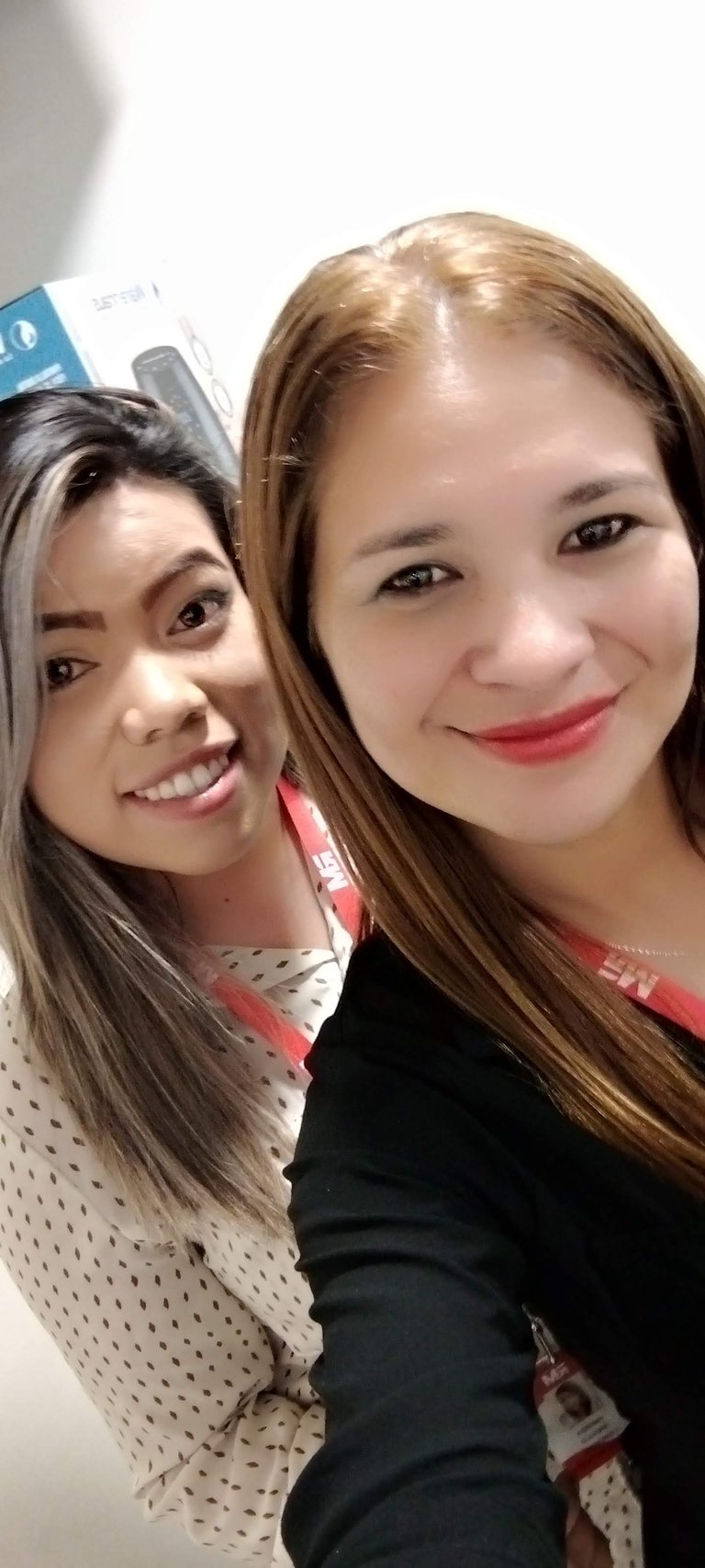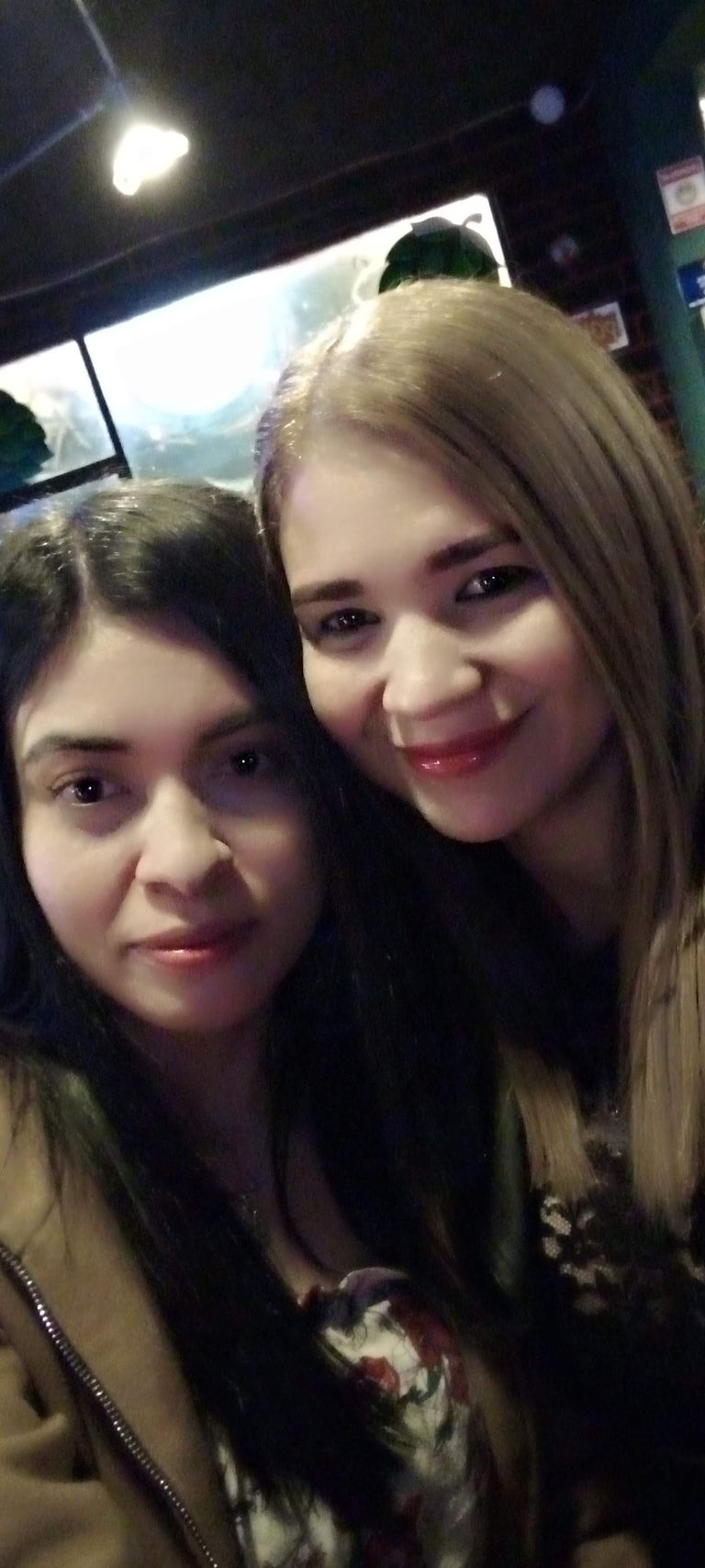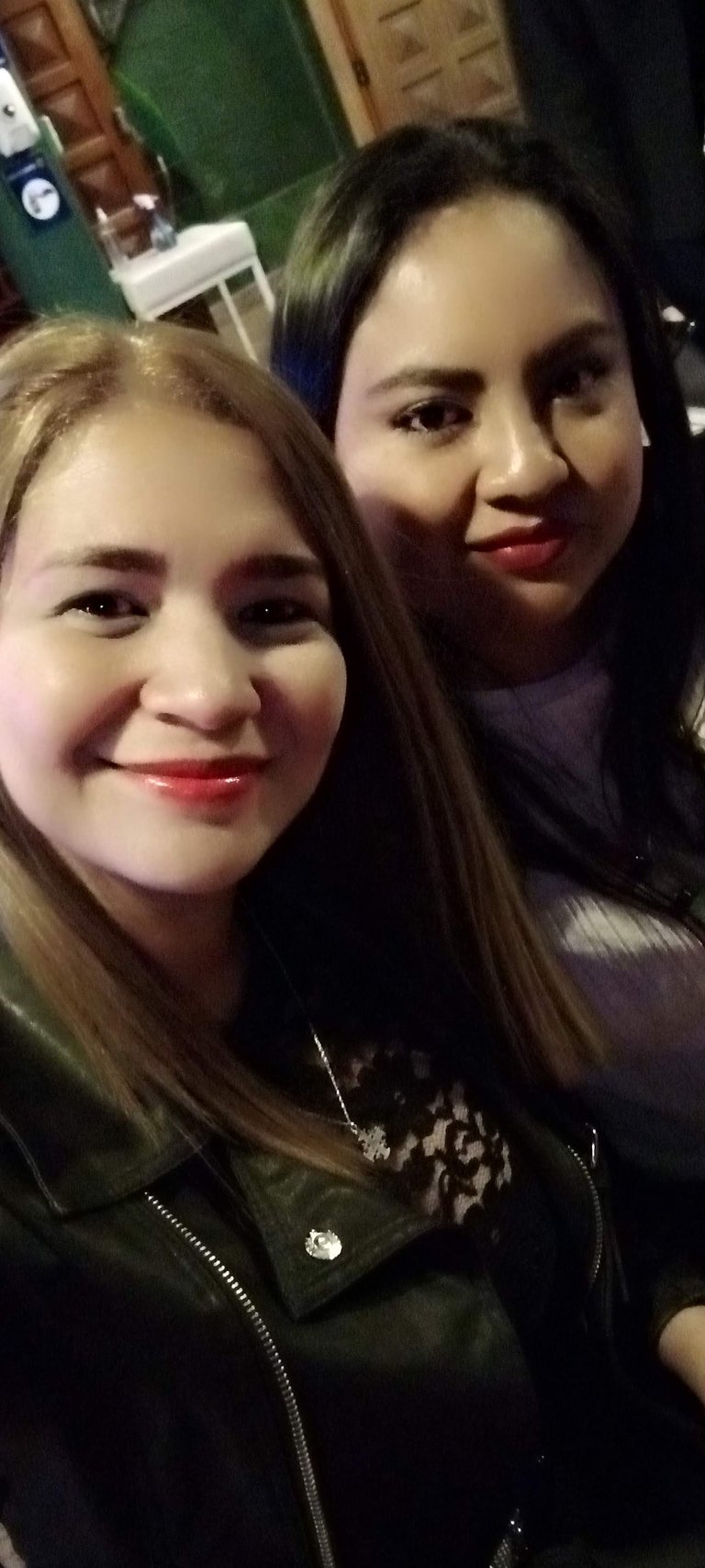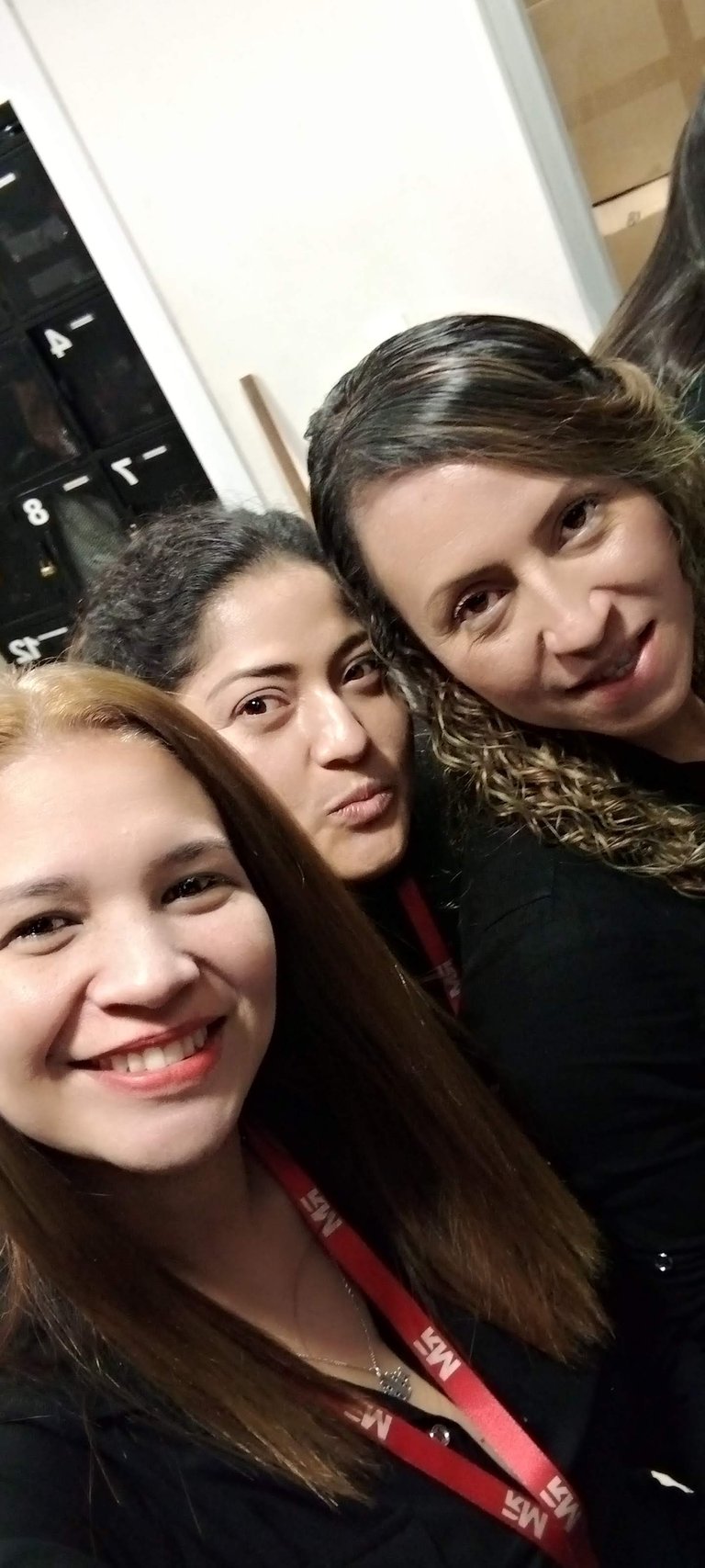En mi país casi todos tenemos algún amigo, familiar o conocido que ha migrado. Incluso han sido protagonistas de esto, ¡soy un ejemplo!.
Migrar ha sido la experiencia mas grande para mi. Salir de tu zona de confort, de tu casa, de tu país, conocer y adaptarte a otras culturas, la verdad que es todo un reto. De igual manera, es algo que nos hace mas fuerte, es innumerable la cantidad de enseñanzas que esto trae para todos y cada uno. Incluso para los que se quedan y aun no han migrado, incluso para ellos, es difícil. Como dice una canción de Shakira: "Cuando alguien se va, el que se queda sufre más..."
In my country almost all of us have a friend, relative or acquaintance who has migrated. They have even been protagonists of this, like me, for example!
Migrating has been the greatest experience for me. Leaving your comfort zone, your home, your country, getting to know and adapting to other cultures, it is really a challenge. In the same way, it is something that makes us stronger, it is countless the amount of lessons that this brings to each and every one of us. Even for those who stay and have not yet migrated, even for them, it is difficult. As a song by Shakira says: "When someone leaves, the one who stays suffers more...".

Es discutible esta letra de esta canción, porque si bien es cierto que sufre el que se queda, el que se va también sufre mucho porque se enfrenta a tantas cosas desconocidas que jamás pensó. Por eso hoy día sé que soy mas fuerte, en el extranjero trabajé como nunca, para que nada le faltara a mis hijos, a mi familia.
The lyrics of this song are debatable, because although it is true that the one who stays suffers, the one who leaves also suffers a lot because he faces so many unknown things that he never thought of. That is why today I know that I am stronger, abroad I worked like never before, so that my children and my family would not lack anything.

Es muy interesante también el conocer las costumbres, la cultura, la comidas de otros países. En mi caso me gustó bastante la comida ecuatoriana, sobre todo el ceviche, el encebollado, el hornado, y la sopa de yaguarlocho. Si en esta red hay personas de Ecuador, me encantaría que me enseñen a hacer estos ricos platos típicos.
It is also very interesting to learn about the customs, culture and food of other countries. In my case I liked Ecuadorian food very much, especially ceviche, encebollado, hornado, and yaguarlocho soup. If there are people from Ecuador in this network, I would love to learn how to make these delicious typical dishes.

También es interesante el conocer como se expresan, como hablan en otros países. Hay palabras que son parecidas a las que en Venezuela utilizamos, y otras son muy diferentes. Por ejemplo: en Venezuela decimos por Ley y en Ecuador dicen: de Ley, nosotros decimos: "Sinverguenzura", y ellos dicen: "sinverguenzada", nosotros decimos: "Na guará", y ellos dicen: "chuta", entre otros. A ellos les resulta bastante gracioso nuestra forma de hablar, y a nosotros también se nos hace chistoso escucharlos decir palabras del gentilicio venezolano. Me parecía muy chistoso, pero a la vez también muy agradable. ¿Qué tipo de palabras Venezolanas han oído ustedes decir a los extranjeros?
En el extranjero la mayoría del tiempo solo se está trabajando, por eso es que los compañeros de trabajo son quienes se convierten en tu única familia. En el almacén de ropa donde trabajé, conocí gente muy linda, trabajadora, buenas compañeras, reíamos mucho, fueron momentos muy agradables. ¡Las extraño con mi alma!.
It is also interesting to know how they express themselves, how they speak in other countries. There are words that are similar to those we use in Venezuela, and others are very different. For example: in Venezuela we say por Ley and in Ecuador they say: de Ley, we say: "Sinverguenzura", and they say: "sinverguenzada", we say: "Na guará", and they say: "chuta", among others. They find our way of speaking quite funny, and we also find it funny to hear them say words of the Venezuelan gentilicio. I found it very funny, but at the same time very pleasant. **What kind of Venezuelan words have you heard foreigners say?
Abroad most of the time you are just working, that's why your coworkers are the ones who become your only family. In the clothing store where I worked, I met very nice people, hard workers, good coworkers, we laughed a lot, they were very nice moments, I miss them with my soul!

Ese trabajo en esa tienda, ha sido uno de los que más me ha gustado, ya que allí exploté una faceta que no sabía que tenía. Me desempeñaba como promotora de crédito, trabajaba por metas y aunque eran muy altas, era muy satisfactorio cada vez que las lograba. Cada mes me esforzaba más y más, ya que de ello dependía mis comisiones.
La vida del migrante se define en ello, trabajar mucho para poder sostenerse a uno mismo, y a la familia de su País. Es como una escuela, donde ser valiente es la única alternativa que te queda, porque sabes que de ti dependen muchas personas.
That job in that store has been one of the ones I have liked the most, because there I exploited a facet that I did not know I had. I worked as a credit promoter, I worked by goals and although they were very high, it was very satisfying every time I achieved them. Every month I worked harder and harder, since my commissions depended on it.
The migrant's life is defined in this, working hard to be able to support oneself and one's family back home. It is like a school, where being brave is the only alternative you have left, because you know that many people depend on you.

Me resultaba difícil responder a esas preguntas, de el por qué migramos, que por qué no nos quedamos luchando por el país, que en Venezuela uno es rico con 20 dólares, que eso acá es un dineral, entre otros comentarios de ese tipo.
Otro asunto importante en el extranjero, es sobre los documentos para estar legal en el País. La mayoría de veces esto es muy tardío, y es incalculable la cantidad de documentos que solicitan para ello.
It was difficult for me to answer those questions, why do we migrate, why don't we stay fighting for the country, that in Venezuela one is rich with 20 dollars, that here is a lot of money, among other comments of that kind.
Another important issue abroad, is about the documents to be legal in the country. Most of the times this is very late, and the amount of documents requested is incalculable.

A veces ni siquiera teniendo los documentos al día te permite conseguir trabajo por lo que hay que reinventarse y explotar nuestros talentos y buscar entradas de dinero ya sea en el comercio u otra actividad. Esto también es un punto positivo, ya que hay crisis que te ayudan a sacarte de tu zona de confort, descubrir que también hay otras maneras de sobrevivir y no solo como como una asalariada.
Me gustaría bastante que me cuenten qué es lo más difícil y lo más satisfactorio que les resultó de migrar. O sino es su caso, el de algún familiar o amigo.
Sometimes even having your documents up to date does not allow you to get a job, so you have to reinvent yourself and exploit your talents and look for income either in commerce or other activities. This is also a positive point, since there are crises that help you to get out of your comfort zone, to discover that there are also other ways to survive and not only as a wage earner.
I would really like you to tell me what was the most difficult and the most satisfying thing about migrating. Or if it is not your case, that of a family member or friend.



